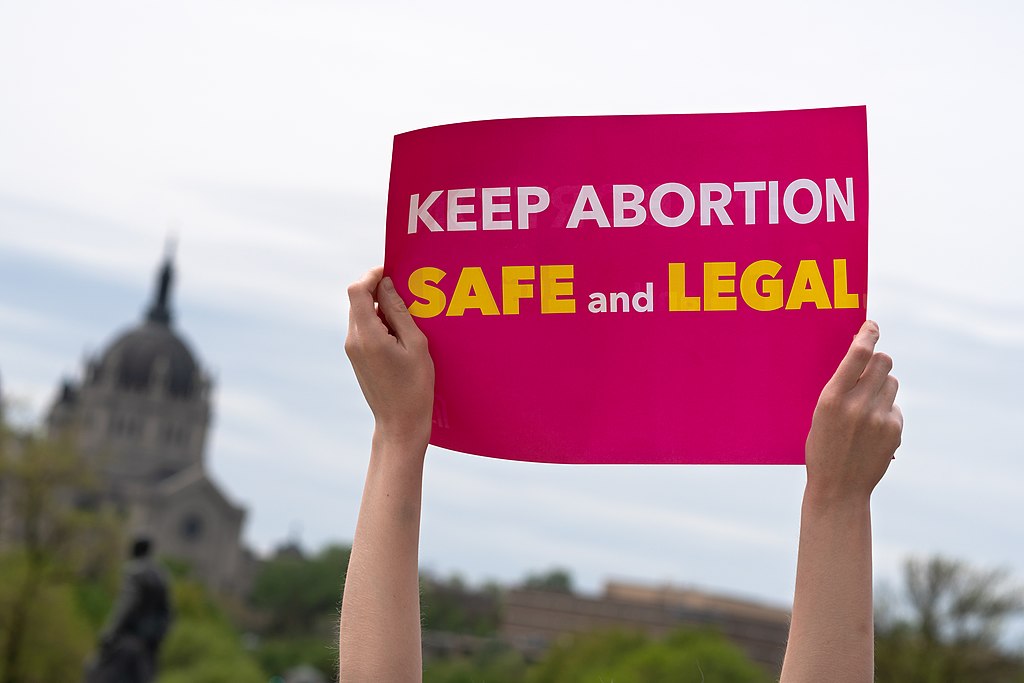
The Impact Of Medical Abortion On Mental Health
Medical abortion procedures have been a topic of debate for many years, with some people claiming that they have a negative impact on a woman’s mental health.
Many studies involving thousands of women have shown that medical abortion procedures have minimum to no impact on the mental health of a woman despite what many people say or believe.
Elective abortions do not increase the incidence of anxiety, depression or other mental health disorders.
Studies show that the best predictor of mental health after abortion, is the woman’s mental health before the abortion was performed.
What significantly affects a woman’s mental wellbeing is when they are unable to terminate their unwanted pregnancy either due to restrictive abortion laws or areas where abortion is illegal.
Abortion must remain legal as it is the most important way to save millions of women’s lives from unsafe abortions.
When women are denied an abortion, in the long term they have lower self esteem, higher rates of anxiety and depression and higher incidence of death due to complications of pregnancy in the third trimester or delivery.
Children born to mothers of unwanted pregnancies not only have a high risk of remaining at the poverty level, but have a higher incidence of anxiety, depression and being incarcerated.

Access to safe abortion services is a human right.
What Are The Emotional Effects Of Unplanned Pregnancy?
Insecurity, denial, shock, poor self image, anxiety and depression, anger, worthlessness, and fear are some of the emotional effects that may occur with an unplanned pregnancy.
Having a friend or a family member they trust may be tremendously helpful in coming to the decision to terminate or keep her pregnancy.
The emotional effects of unplanned pregnancy can be significant, but it is important to note that elective abortions do not increase the incidence of anxiety, depression or other major mental health disorders.
Why Is Pregnancy So Hard Emotionally?
Pregnancy can be a difficult time for many women, both emotionally and physically.
One of the biggest factors leading to significant emotional issues, is the sudden and overwhelming increase in the pregnancy hormones, Estrogen and Progesterone.
Elevated Estrogen levels may increase anxiety, irritability, and depression. Elevated Progesterone levels could possibly cause tiredness, weakness, anger, or grief.
Progesterone slows the rate of gastric (stomach) emptying and may lead to the feeling of fullness faster with eating and significant nausea and vomiting. Being constantly nauseated may cause women to become highly emotional.

The hormonal and physiological changes that come with pregnancy are unique.
What Is The Fear Of An Unwanted Pregnancy?
An unwanted pregnancy can be a source of fear, anxiety and to worry about the future of herself or a child in the woman’s life.
In the long term, women who are unable to terminate an unwanted pregnancy are more likely to experience negative mental health outcomes, including lower self esteem, and higher rates of depression.
What’s The Most Common Mental Health Complication Of Pregnancy?
The most common major mental health complication of pregnancy is anxiety or depression. However, studies show that the best predictor of mental health after abortion is the woman’s mental health before the abortion was performed.
What Stage Of Pregnancy Is Most Emotional?
The stage of pregnancy can impact a woman’s emotional well-being, with some women experiencing more intense emotions during the first trimester and others experiencing more intense emotions during the third trimester.
Can Pregnancy Be Traumatizing?
For some women, pregnancy can be a traumatic experience, particularly when they are unable to terminate the pregnancy due to restrictive abortion laws or areas where abortion is illegal.
Studies show that up to 40% of women who have a wanted pregnancy and they either experience a spontaneous abortion or an ectopic can lead to post traumatic stress disorder (PTSD).
Symptoms of PTSD may include fear, anger, nightmares, waking up multiple times throughout the night, isolation, crying, not caring for oneself, etc.
The above symptoms may not present until many years after the traumatic event. Professional mental health care should be strongly considered.

You may feel a range of emotions after an abortion – this is entirely normal.
How Do Guys Feel About An Unplanned Pregnancy?
Unintended pregnancies involving men are most prevalent among men who have not completed a high school education, are poor, and are not consistent in using birth control.
Approximately 50% of women during the month they conceived their unwanted pregnancy, used some form of birth control.
It is imperative for men to be educated on birth control and protection from Sexually Transmitted Infections.
While studies on the topic are limited, it is believed that men may experience a range of emotions, including fear, anxiety, and a sense of responsibility.
Wrapping Up
In conclusion, the impact of a medical abortion on mental health has been extensively studied, and the results show that it does not have a significant impact on a woman’s mental health.
The best predictor of a woman’s mental health after an abortion is her mental health prior to the procedure.
It’s important to note that restrictive abortion laws, which deny women access to safe and legal abortion, have a much greater impact on a woman’s mental health.
When women are denied an abortion, they often experience lower self-esteem, higher rates of anxiety and depression, and an increased risk of death due to pregnancy-related complications.
Legal abortions must remain accessible to all women, regardless of their socio-economic status or race.
This will not only help to improve the mental health of women but also reduce the cycle of poverty and oppression for future generations.
The Fort Lauderdale Women’s Center is Offering The One Hour Abortion Pill Procedure – 3 to 14 Weeks. Patients who qualify may receive a significant discount in the price of the procedure if they meet certain criteria.
Call Us Now For Same Day Appointment.


Leave a Reply